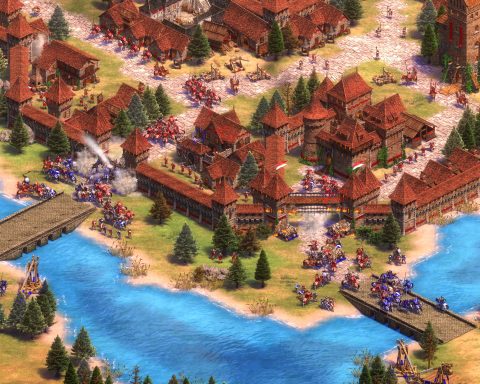Opinion by Matt C.
Welcome to 2016, a year with more amazing game releases than anybody could possibly play, and a year in which people are losing their minds because a highly-anticipated game might be “only” 30 hours long. Someone who allegedly obtained a copy pre-release shared some details about the game, including the claim that he reached the centre of the universe—ostensibly the game’s overarching goal—in some 30 hours, despite developer claims that this would take hundreds of hours.
Now, there’s a lot to pick apart in this whole thing. Has this guy actually reached the centre of the universe, or is he just confusing that with the centre of one of the game’s galaxies? Even if it is a 30-hour game, that’s hardly a small amount of time. As Vice’s Austin Walker points out, it brings a lot of the game industry’s hype culture problem into focus.
What most concerns me, though, is that this is just the latest in a long line of “scandals” about the length of a game. Metal Gear Solid V: Ground Zeroes, The Order: 1886, and Ryse: Son of Rome are just a few recent examples of games thrown under the bus in the lead up to their release for report around their length. This is all just part of a wider, ongoing discussion about game length and perceived worth in terms of “bang for your buck.” It’s a valuation system that prioritizes quantity over quality, which is very strange to me. Is a long, crappy game really better value than a short one that’s great? How does having to spend more time with a bad game just to get some sense of closure improve the experience in any way?
To read on, please log in with your DDNet Premium account:









